
How to Start Entrepreneurship as a Career After College?
Oct 08, 2025 3 Min Read 1827 Views
(Last Updated)
Are you scared of choosing entrepreneurship as a career after college? We got you covered!
This blog provides a detailed overview of entrepreneurship as a career, the skills required, advantages and disadvantages of entrepreneurship, the difference between salary employment and entrepreneurship employment, and steps to become a successful entrepreneur. We will also provide you with the resources needed. Let’s get started!
Table of contents
- What is Entrepreneurship as a Career?
- Entrepreneurship Skills
- Advantages and Disadvantages of Entrepreneurship
- Salary Employment Vs Entrepreneurial Employment
- Steps to Become an Entrepreneur
- Step 1: Identify a Business Idea
- Step 2: Do Market Research
- Step 3: Create a Business Plan
- Step 4: Set Up Your Business
- Step 5: Launch and Grow Your Business
- Getting Started with HCL Guvi
- Conclusion
- FAQs
- Q1. Who can become an entrepreneur?
- Q2. What are the key qualities of a successful entrepreneur?
- Q3. How do entrepreneurs make money?
- Q4. What is the biggest challenge in entrepreneurship?
What is Entrepreneurship as a Career?
Choosing entrepreneurship as a career means creating and running a new business to make a profit. It involves the entire process of identifying a business opportunity, taking financial risks, organizing resources, and building it together to create and grow the business. It includes innovation, risk-taking, resource management, leadership, and value creation.
Entrepreneurship Skills
Entrepreneurs are the problem solvers, risk takers, innovators, and leaders who create value in the marketplace. Let’s look into some of the skills that entrepreneurs should possess:
- Problem Solving: It is the ability to identify pressing problems in the marketplace and develop practical and profitable solutions.
- Risk Taking: It is the ability to take calculated risks, whether financial, personal, or professional, in pursuit of success.
- Innovation: This involves creating new ideas, products, services, or methods that offer better solutions or unlock new markets.
- Leading and Managing: It involves inspiring others and guiding the team towards a shared vision.
- Organizing and Planning: It includes structuring the resources, setting goals, and developing action plans to execute ideas.
- Opportunity Seeking: They constantly scan their environment for gaps in the market or unattended customer needs.
Advantages and Disadvantages of Entrepreneurship
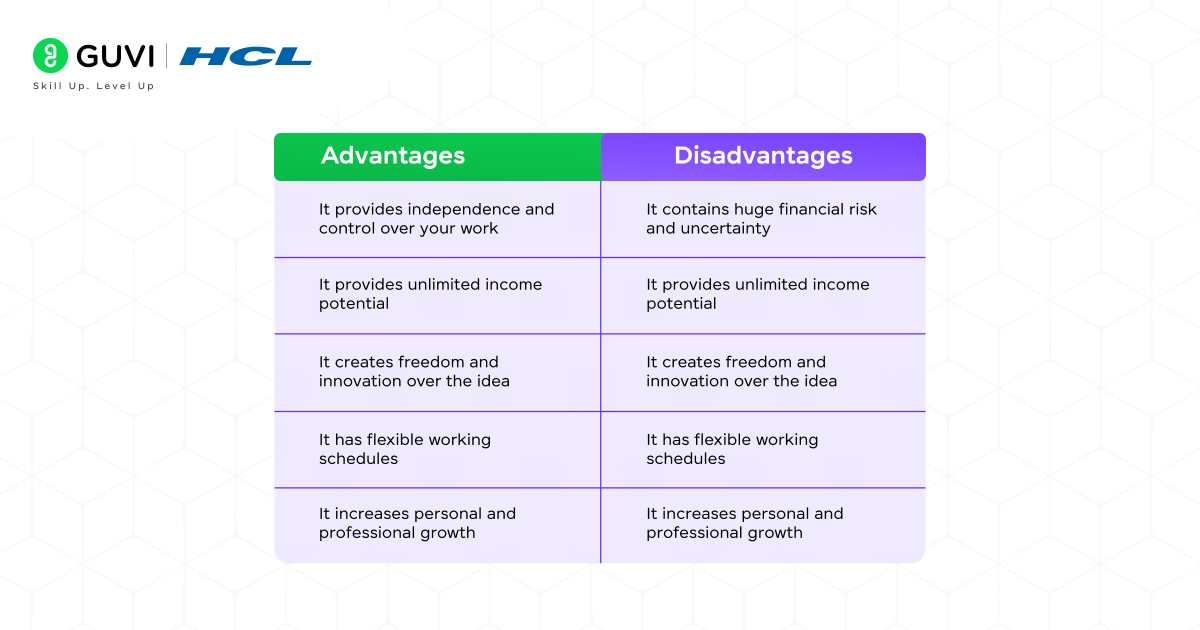
Every career has its advantages and disadvantages. Before choosing entrepreneurship as a career, you should understand its advantages and disadvantages. Let’s look into some of its pros and cons.
| Advantages | Disadvantages |
| It provides independence and control over your work. | It contains huge financial risk and uncertainty. |
| It provides unlimited income potential. | It includes high stress and pressure over uncertainty. |
| It creates freedom and innovation over the idea. | It provides the lack of security over the job or income source. |
| It has flexible working schedules. | It has long working hours. |
| It increases personal and professional growth. | It involves responsibility over everything. |
Salary Employment Vs Entrepreneurial Employment

If you are confused about choosing your career between a salaried employment and an entrepreneurial employment, this section clearly explains the difference between them. Let’s look into it briefly.
| Entity | Salary Employment | Entrepreneurial Employment |
| Income | It provides a fixed and stable income. | It is based on business success. |
| Risk Level | Low risk. | High risk. |
| Career Growth | It depends on promotions and raises are limited by organizational hierarchy. | It has unlimited growth potential depending on business success. |
| Benefits | It includes health insurance, paid leave and retirement plans. | You must arrange personal benefits |
| Stress Levels | It may have job-related stress, but less financial uncertainty. | It has high stress due to business pressures, competition and instability. |
Find out: What is Digital Entrepreneurship? A Simple Guide to
Steps to Become an Entrepreneur
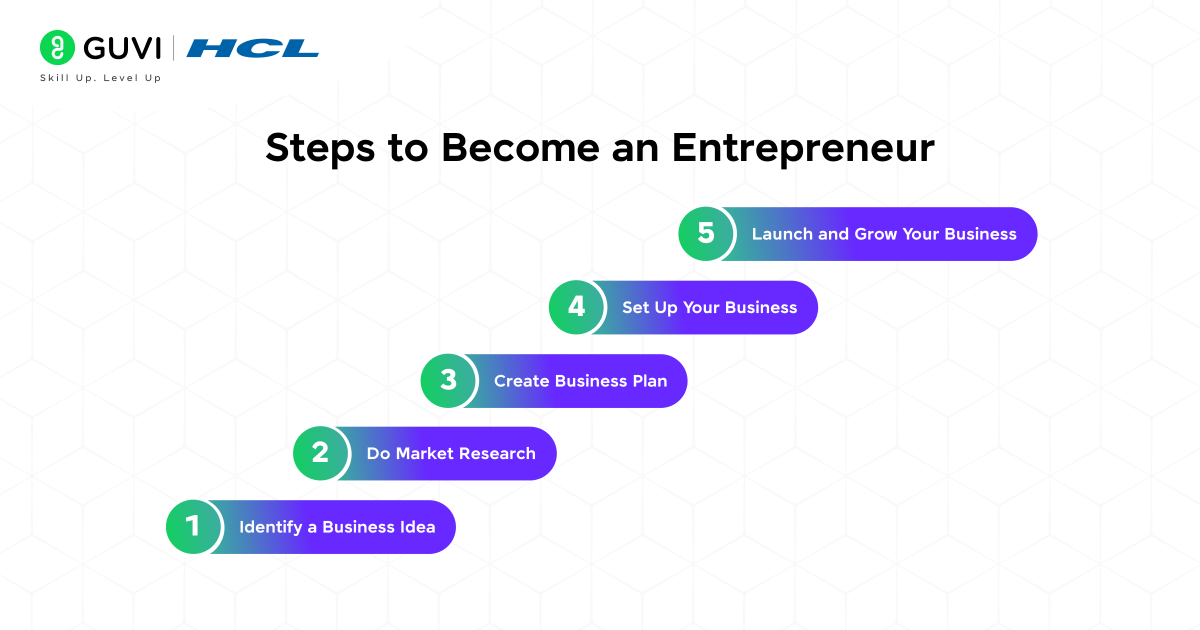
Becoming an entrepreneur requires more than just having a business idea. It requires planning, research, execution, and persistence. Let’s look into the 5 key steps to become an entrepreneur.
Step 1: Identify a Business Idea
The first step of becoming a successful entrepreneur is to start identifying a product or service that solves a real problem or meets the market’s needs. Look for business idea inspiration in your daily life, emerging trends, customer pain points, or your interests and skills. Ask yourself a question What problems do people face that you can solve by building a business or service? Validate the idea with your passion and long-term goals.
Step 2: Do Market Research
Before investing and building a business, research your target market, potential customers, competitors, and industry trends. This helps you in refining your idea and identifying your USP (unique selling proposition).
Discover: Challenges of Entrepreneurship: 7 Things To Be Aware Of
Step 3: Create a Business Plan
The third step in becoming an entrepreneur is to create a business plan. A business plan is a blueprint that outlines your business strategy, goals, including mission, vision, and business model, market analysis, financial projections such as startup costs, revenue, expenses, and operational structure. It is essential for guiding your business and attracting investors and loans.
Step 4: Set Up Your Business
The fourth step is to set up your business. Make your business official and operational by completing the necessary legal and logistical steps. Based on your geographical location, the registration process varies. It includes obtaining necessary licenses, permits, opening a business bank account, and setting up your workspace.
Explore: Entrepreneurship Vs Business: Top 6 Differences
Step 5: Launch and Grow Your Business
Once you’re set up, it is time to launch your business. Focus on building brand awareness, attracting customers, and refining your product or service based on feedback. Use digital marketing such as social media, SEO, and email to reach your targeted audience. Track performance and adapt strategies as needed to increase sales and invest in addressing customer queries.
Getting Started with HCL Guvi
If you are interested in starting your journey as an entrepreneur, consider enrolling in HCL Guvi’s Entrepreneurship Course. It provides a detailed roadmap towards your entrepreneurship journey under 7 hours. By taking this course, you can launch your own business within a few months.
Conclusion
Choosing entrepreneurship as a career right after college can be intimidating, but with the right mindset, skills, and resources, it can also be one of the most rewarding career paths you take. From understanding the core differences between salary and entrepreneurial employment to learning the essential steps for launching a business, we hope this guide has given you the clarity and confidence to take that leap.
FAQs
Q1. Who can become an entrepreneur?
Anyone with a business idea, passion, and willingness to take risks and learn can become an entrepreneur regardless of age, background, or education.
Q2. What are the key qualities of a successful entrepreneur?
Key qualities include creativity, resilience, leadership, risk tolerance, adaptability, and strong problem-solving skills.
Q3. How do entrepreneurs make money?
Entrepreneurs earn money by selling products or services that solve problems or meet needs in the market, generating revenue and profit over time.
Q4. What is the biggest challenge in entrepreneurship?
The biggest challenge is managing risk and uncertainty, especially in funding, competition, and building a customer base.
























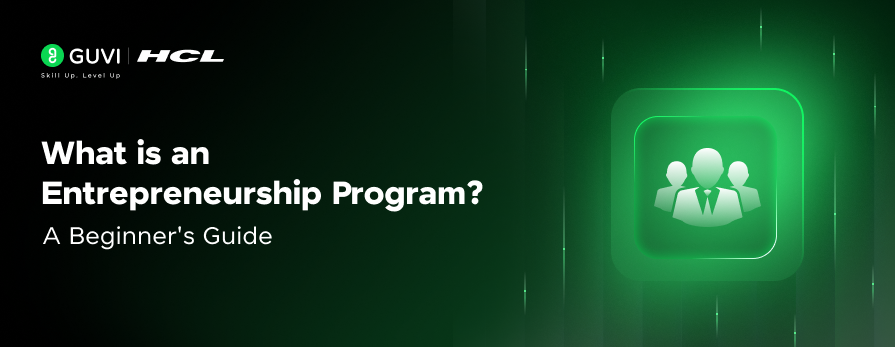
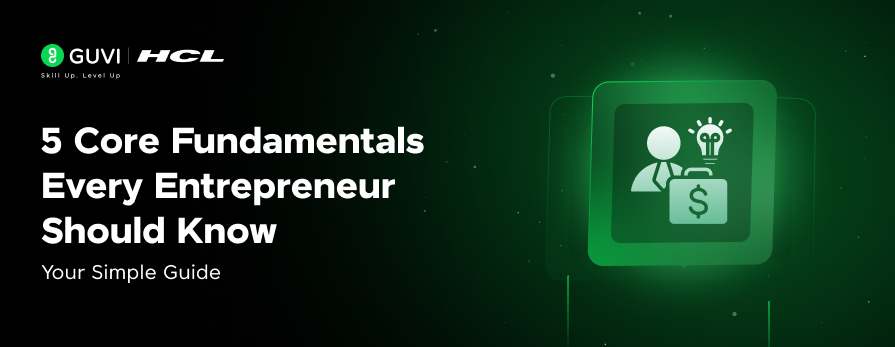
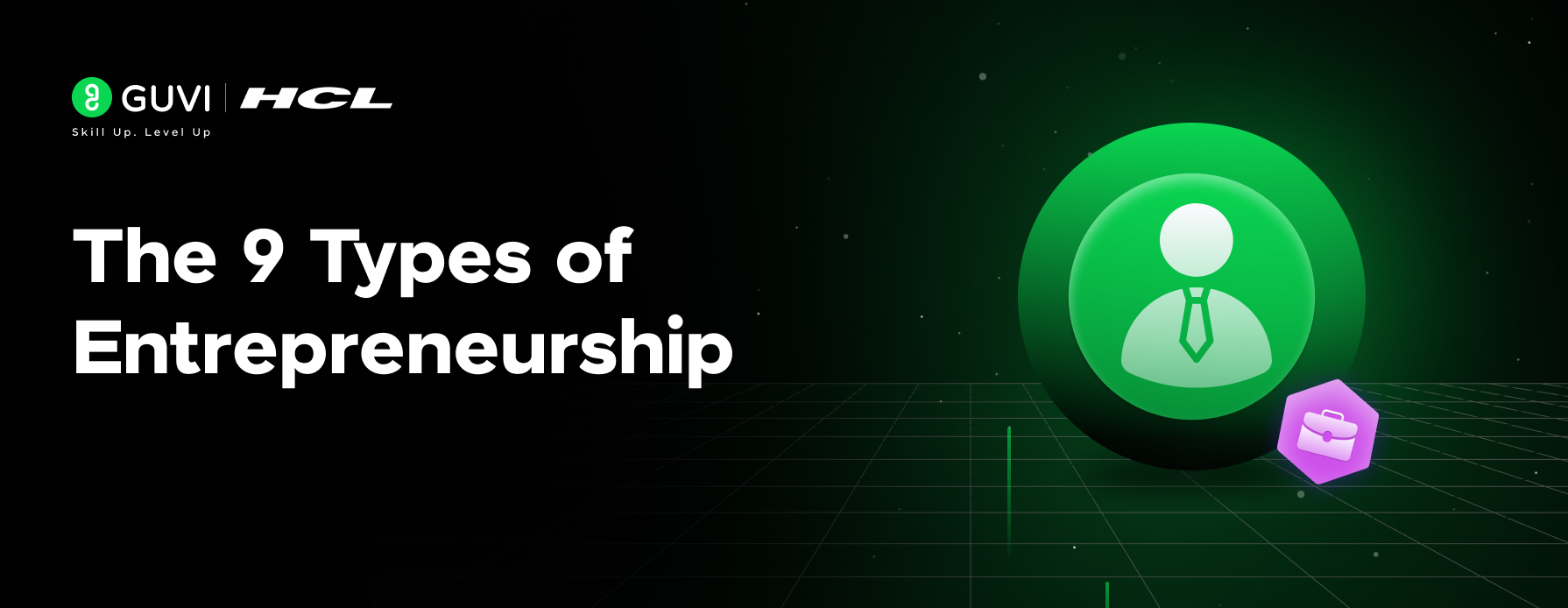




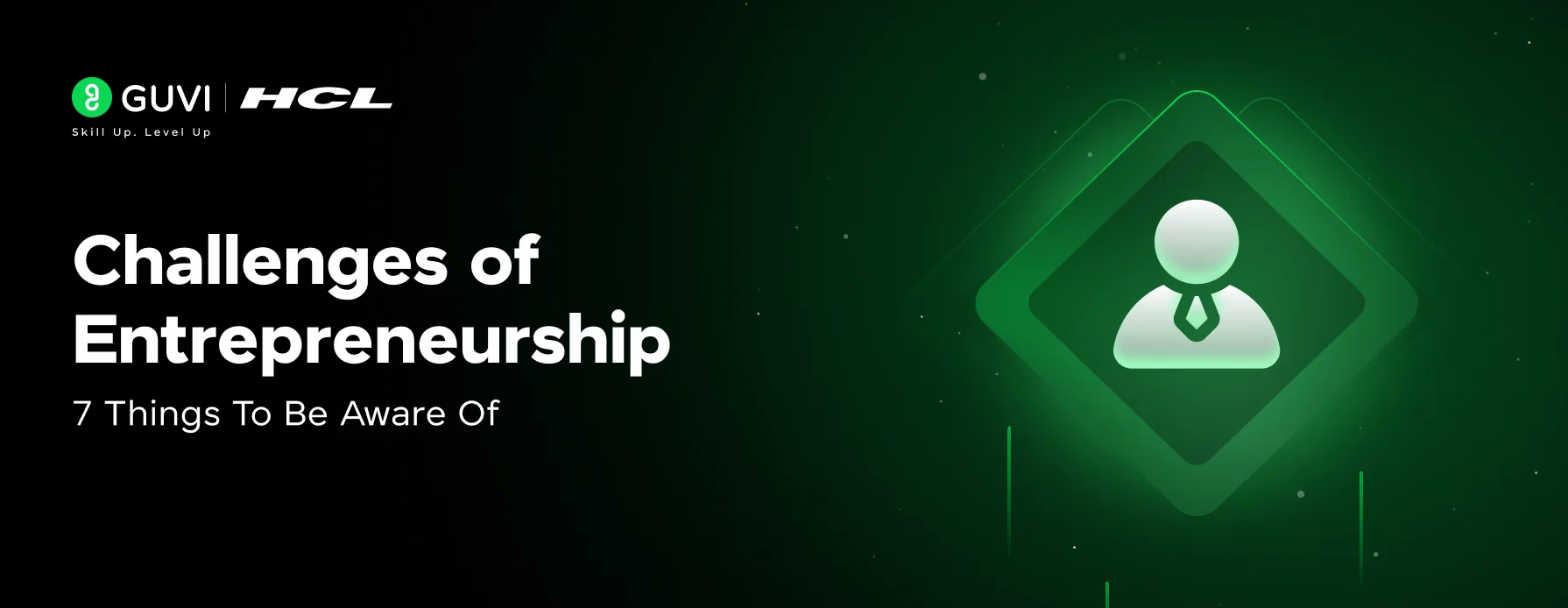




Did you enjoy this article?